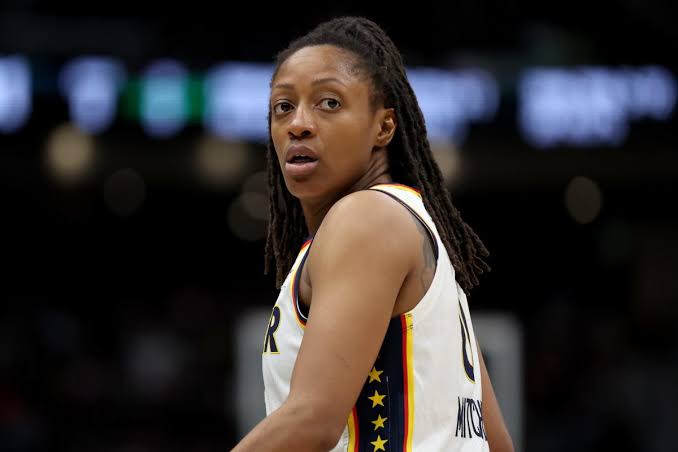Kelsey Mitchell’s recent comments about her potential return to the Indiana Fever have sparked significant discussion in the WNBA community. As she navigates the complexities of free agency, her assertion that she must be “selfish” resonates deeply, reflecting a critical phase in her career.
Mitchell, a standout guard known for her scoring ability and leadership on the court, has made a name for herself in the league. Her performances have not only elevated her profile but also underscored her importance to the Fever. The idea of returning home, where she has built her professional legacy, is compelling. However, the landscape of professional sports often requires athletes to prioritize their own career aspirations and financial stability.
In the WNBA, free agency is a pivotal moment for players, presenting an opportunity to negotiate contracts that reflect their worth and align with their career goals. For Mitchell, being “selfish” is not merely about securing a lucrative deal but also about finding the right fit for her future. It involves weighing factors like team culture, coaching philosophy, and the potential for competitive success.
While her heart may lean towards returning to Indy, she must also consider the overall trajectory of her career. The Fever, historically a franchise with a passionate fan base, has struggled in recent seasons. Mitchell’s desire to return could be fueled by loyalty and a sense of responsibility to her hometown team, but she must balance that with her ambitions.
The ultimate challenge for players like Mitchell is navigating the emotional ties to their teams against the harsh realities of a competitive league. A “selfish” approach can mean prioritizing personal development, seeking opportunities that maximize her potential, and aligning with teams that can provide the necessary support and infrastructure for success.
Moreover, the dynamics of free agency are influenced by external factors, including market demand, the presence of other star players, and team strategies. If the Fever can position themselves as a contender, that could sway Mitchell’s decision. However, if other teams present stronger prospects for winning and personal growth, she must consider those options seriously.
Mitchell’s journey also highlights the broader narrative of female athletes advocating for their worth in a historically undervalued sport. As the WNBA continues to grow in visibility and financial backing, players are increasingly empowered to make choices that reflect their aspirations rather than settling for loyalty alone.
In her comments, Mitchell also touches upon the importance of mental and emotional well-being. Being “selfish” can also mean protecting oneself from potential disappointments that come with loyalty to a struggling franchise. It’s a reminder that athletes are not just representatives of their teams; they are individuals with careers that require thoughtful decision-making.
As the free agency period approaches, fans and analysts alike will be watching Mitchell’s situation closely. Her decision could set a precedent for other players weighing similar choices. Will she choose the comfort of home, or will ambition and the desire for success lead her elsewhere? The potential ripple effects of her choice could influence team dynamics across the league.
In conclusion, Kelsey Mitchell’s reflections on free agency encapsulate a significant tension faced by many professional athletes. While the allure of returning to Indiana is strong, her emphasis on being “selfish” speaks to a broader understanding of personal agency in the world of sports. The ultimate decision will likely reflect her commitment to both her career and her roots, marking a pivotal moment in her journey as a professional athlete.


